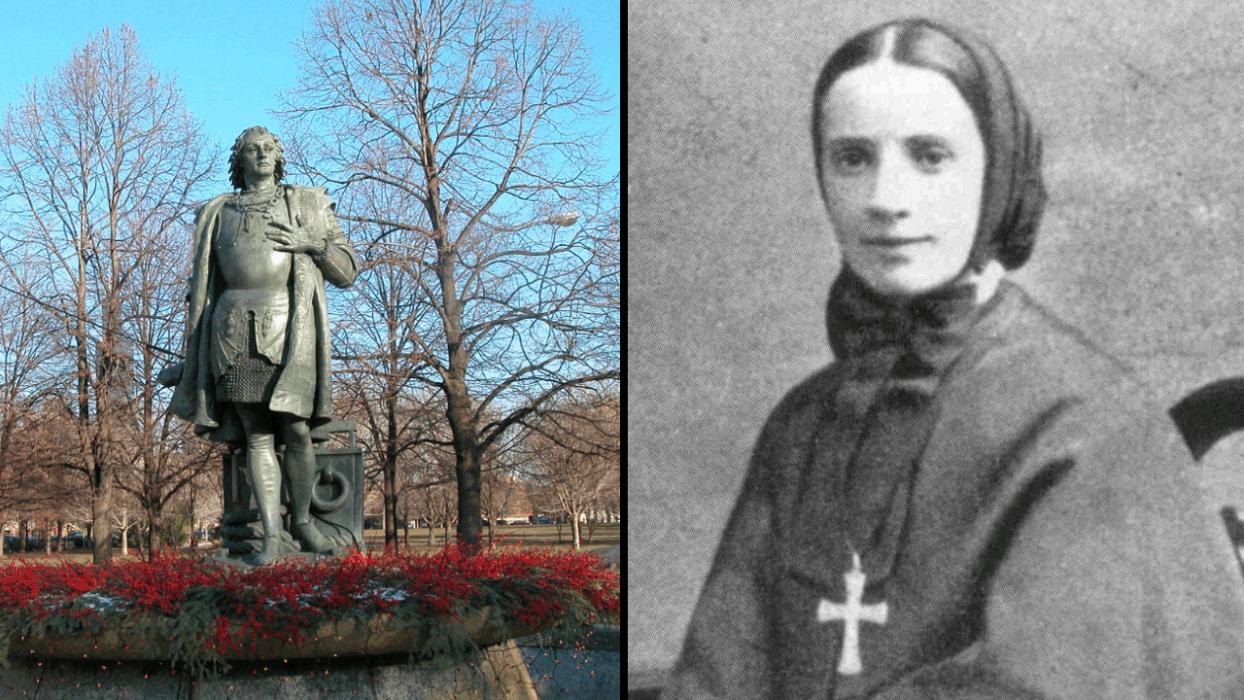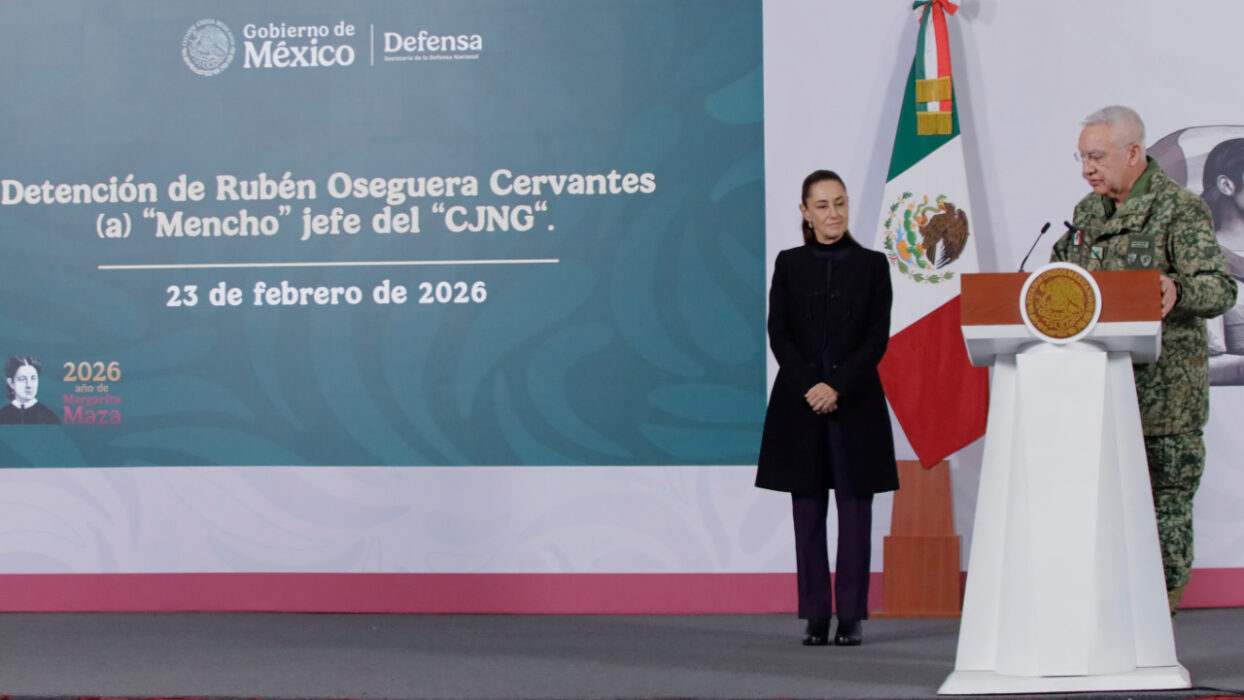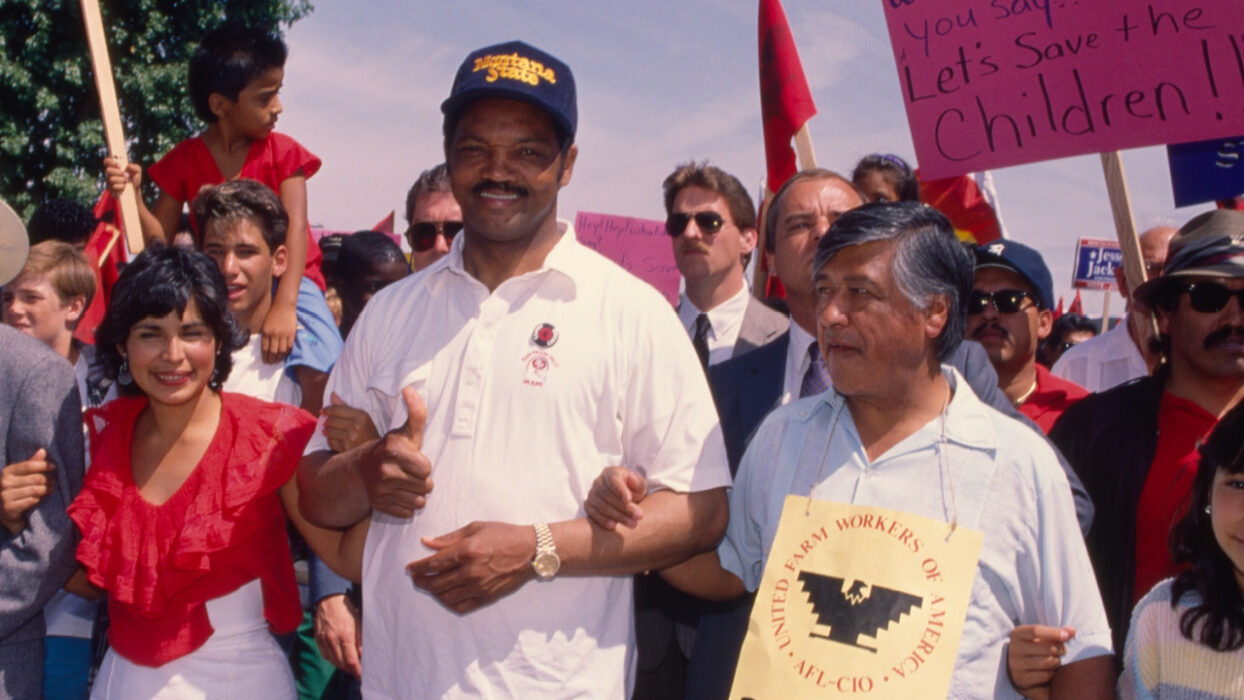
Mexicans Protest Death of Debanhi Escobar, a Missing Woman Who Was Last Seen on ‘Death Highway’
Mexico City, Apr 24 (EFE). — Thousands of Mexicans protested on Sunday in various marches in the capital to demand justice for the death of 18-year-old law student Debanhi Escobar in Nuevo León amid a wave of murders and disappearances of women.
Some contingents marched from the Bosque de Chapultepec to the Angel of Independence, while hundreds of others protested from the Monument of the Revolution and dozens more from the “antimonument” against gender violence in the Juarez Hemicycle.
In addition to civil society groups, citizens such as Alba González joined one of the marches to challenge the actions of the country’s authorities.
“I am here because I believe in the right that we have to live in tranquility, to live in peace. Security should not be something we fight for — security and peace is a right that we have, and in Mexico we have lost it,” González told EFE.
The outrage has intensified since Thursday, when Escobar’s body was found in the subterranean water tank of a motel in the northern state of Nuevo León.
The young woman disappeared two weeks earlier on Apr. 9 after getting out of a taxi, whose driver is suspected of harassing her and took a photo of her standing on the side of the “death highway.”
The attorney general’s office of Nuevo León announced at a press conference on Friday that she died due to a “deep contusion on the skull.”
The case caused national and international outrage due to the cab driver’s photo of Escobar that went viral and the alleged failures of the Nuevo León Prosecutor’s Office, which first investigated the case as an accident and on Sunday rectified it to investigate it as a femicide.
“The police don’t take care of me, my friends take care of me,” protesters in Mexico City shouted Sunday.
Although the crime occurred in Monterrey Metropolitan area, the second largest city in the country, women of the capital showed solidarity with Escobar, sharing their stories and taking their protest to the Investigative Police headquarters.
“Debanhi, sister, here is your herd,” “24,000 are missing” and “national alert,” were other slogans on display.
“These losses have been very unfortunate and must stop because losing a daughter is an indestructible pain. There are no words to describe it and no one should suffer such a loss,” González said.
The case is seen as an example of the double crisis of gender violence and disappearances in Mexico, where more than 10 women are murdered a day. Since 1964 there have been more than 99,000 people who have gone missing and not been found, according to government figures.
So far this year, the state of Nuevo León alone has registered a wave of disappearances with at least 30 women still unaccounted for.




